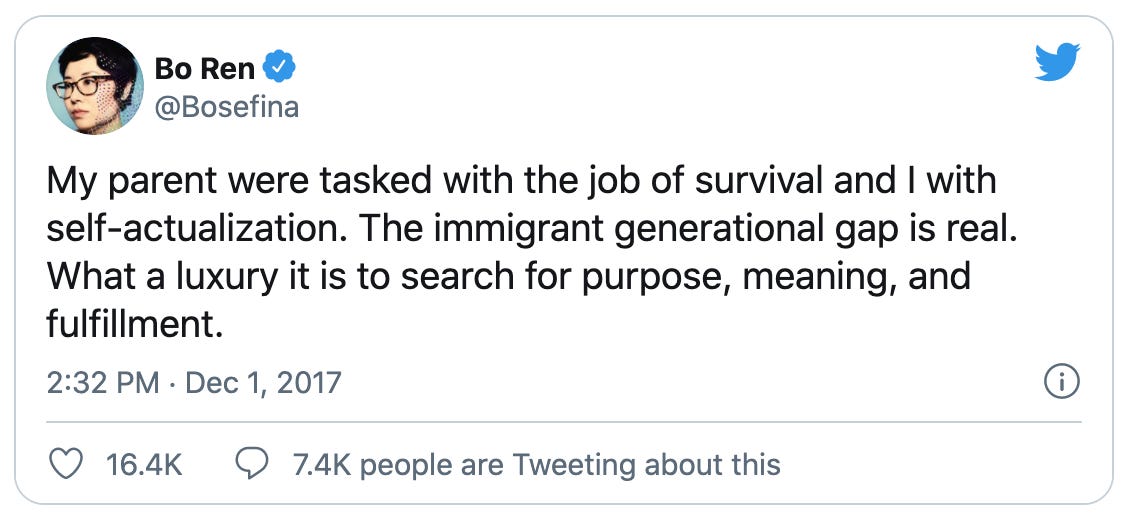
'Where Should I Live?'

As Bill McKibbenwrote recently, the best thing you can do to prepare yourself for climate change is live in an area with a high degree of social trust.
We’ve come through 75 years where having neighbors was essentially optional: if you had a credit card, you could get everything you needed to survive dropped off at your front door. But the next 75... See more
Rosie Spinks • The Friendship Problem
we’re at risk of losing the shared temporal rhythm required for a well-functioning society. I think the same could be said for our shared sense of place. If community is key for climate change resilience and adaptation, we ought to focus more on committing to and investing in the places we inhabit. For younger generations like mine, this may mean h... See more
Dense Discovery • Dense Discovery / Issue 183
Keely Adler added
While there’s a strong individualistic streak in town, there’s also an appreciation for the mutual aid that living in such an intense environment requires. Living in places where life takes extra effort means that going it alone isn’t an option.
Joanna Hoffman • Futures From Ruins
“The ultimate question that I have: how can we create cities that are big enough to give people economic opportunity, but small enough to give people love and others in their lives that touch their hearts?”
Anthony Pompliano • Writing for Leverage, Teenage Billionaires, The Problem with Mainstream Media, and More - David Perell on Off the Chain, Hosted By Anthony Pompliano • Podcast Notes
sari and added
What – and who – is a city for?
policyoptions.irpp.org
Keely Adler and added
Americans used to live within “place-based networks” of clubs, churches, schools, commerce, and recreation that overlapped, wrapping individuals in social support. Local networks protected individuals from isolation and loneliness.
Those networks have largely disappeared, replaced by networks based outside the local community. We shop and interact ... See more
Those networks have largely disappeared, replaced by networks based outside the local community. We shop and interact ... See more
Why we need to design community into neighborhoods
Sarah Wong and added

sari and added
According to Putnam, the more we prioritize our private bubbles over public life, the more we disconnect from our local surroundings. This has weakened American democracy. Fewer people are engaged in politics, and those who do are often at the political poles. With less social capital, our neighborhoods are connected by fewer informal, reciprocal t... See more
Sarah Wong added